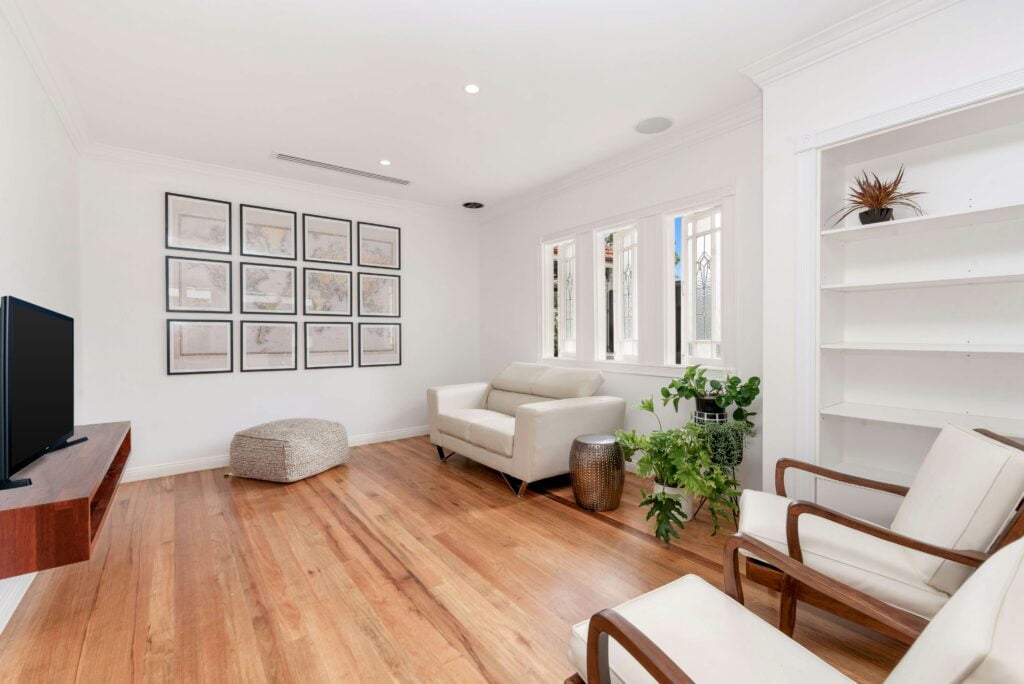Deciding to rent out your second home can be a smart financial move, offering a stream of passive income and potentially covering the costs associated with owning the property. However, before you leap into the role of a landlord, it’s essential to understand the responsibilities, legal requirements, and practicalities involved. This guide will walk you through the critical aspects you should consider, ensuring you make informed decisions that align with your financial goals and legal obligations.

Understanding Your Legal Responsibilities
Becoming a landlord isn’t simply about finding tenants and collecting rent. It involves a series of legal responsibilities aimed at ensuring the safety and rights of your tenants are upheld. In the UK, this means adhering to regulations such as the Gas Safety (Installation and Use) Regulations 1998, the Electrical Equipment (Safety) Regulations 1994, and ensuring your property meets the Housing Health and Safety Rating System (HHSRS) standards.
Additionally, you’ll need to be aware of the rights your tenants have under the Housing Act 1988 and subsequent amendments, which detail the legal procedures for tenancy agreements, deposits, and eviction processes.
Financial Considerations and Tax Implications
Renting out your second home is an investment, and like all investments, it comes with financial considerations and tax implications. You’ll need to be prepared for the possibility of periods when the property may be vacant, as well as the ongoing costs of maintenance, repairs, and insurance. From a tax perspective, rental income is subject to income tax, and you may also be liable for Capital Gains Tax if you sell the property at a profit in the future. To ensure you’re fully informed and compliant, it’s advisable to consult with a financial advisor who specialises in property investment.

Navigating Property Disputes and Managing Tenants
Effectively managing your property and maintaining a good relationship with your tenants can significantly reduce the risk of disputes. However, disagreements can still arise, often relating to maintenance issues, rent increases, or deposit deductions. It’s crucial to have a clear, fair process in place for handling such disputes and to be aware of the legal avenues for resolution. For landlords seeking guidance or facing complex property disputes, resources are available to help navigate these challenges. For instance, you can enquire online at Property Disputes for expert advice tailored to your specific situation, ensuring you handle disputes professionally and in accordance with the law.
Preparing Your Property for Rent

Before listing your second home for rent, taking the time to prepare the property can enhance its appeal and minimise potential issues down the line. This includes conducting a thorough clean, ensuring all appliances are in working order, and making any necessary repairs. Additionally, consider the safety and comfort of your future tenants by installing smoke detectors, getting an EICR test, securing windows and doors, and providing a detailed inventory of the contents and condition of the property. Preparing your home meticulously not only attracts higher-quality tenants but also sets the stage for a smoother tenancy.

